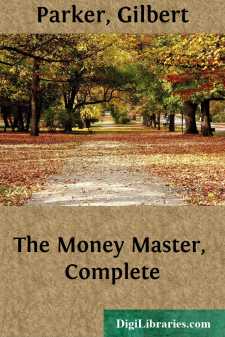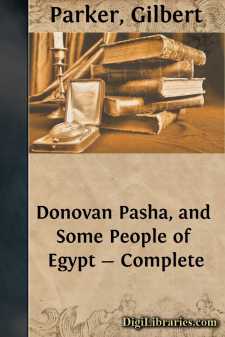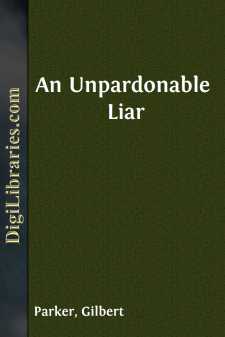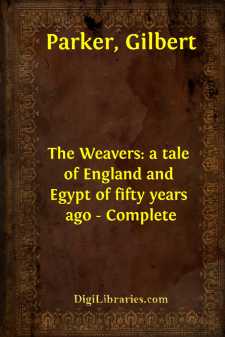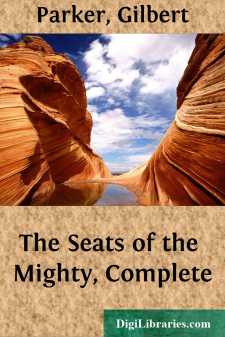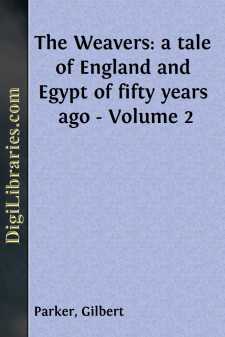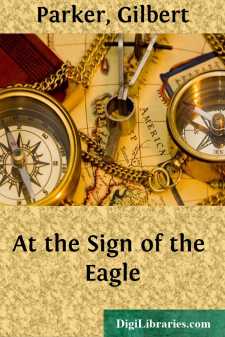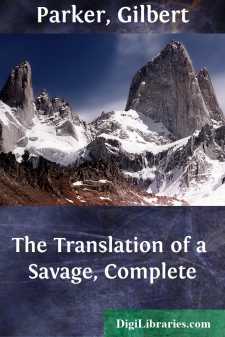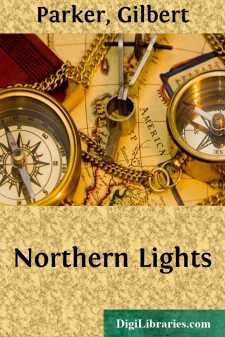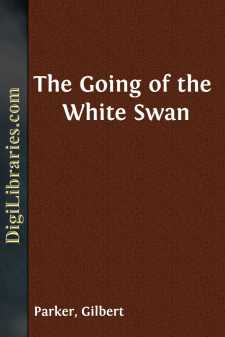Categories
- Antiques & Collectibles 13
- Architecture 36
- Art 48
- Bibles 22
- Biography & Autobiography 816
- Body, Mind & Spirit 145
- Business & Economics 28
- Children's Books 17
- Children's Fiction 14
- Computers 4
- Cooking 94
- Crafts & Hobbies 4
- Drama 346
- Education 58
- Family & Relationships 59
- Fiction 11834
- Foreign Language Study 3
- Games 19
- Gardening 17
- Health & Fitness 34
- History 1378
- House & Home 1
- Humor 147
- Juvenile Fiction 1873
- Juvenile Nonfiction 202
- Language Arts & Disciplines 89
- Law 16
- Literary Collections 686
- Literary Criticism 179
- Mathematics 13
- Medical 41
- Music 40
- Nature 179
- Non-Classifiable 1768
- Performing Arts 7
- Periodicals 1453
- Philosophy 66
- Photography 2
- Poetry 897
- Political Science 203
- Psychology 45
- Reference 154
- Religion 516
- Science 126
- Self-Help 85
- Social Science 82
- Sports & Recreation 34
- Study Aids 3
- Technology & Engineering 59
- Transportation 23
- Travel 463
- True Crime 29
Our website is made possible by displaying online advertisements to our visitors.
Please consider supporting us by disabling your ad blocker.
The Money Master, Complete
by: Gilbert Parker
Description:
Excerpt
CHAPTER I. THE GRAND TOUR OF JEAN JACQUES BARBILLE
"Peace and plenty, peace and plenty"—that was the phrase M. Jean Jacques Barbille, miller and moneymaster, applied to his home-scene, when he was at the height of his career. Both winter and summer the place had a look of content and comfort, even a kind of opulence. There is nothing like a grove of pines to give a sense of warmth in winter and an air of coolness in summer, so does the slightest breeze make the pine-needles swish like the freshening sea. But to this scene, where pines made a friendly background, there were added oak, ash, and hickory trees, though in less quantity on the side of the river where were Jean Jacques Barbille's house and mills. They flourished chiefly on the opposite side of the Beau Cheval, whose waters flowed so waywardly—now with a rush, now silently away through long reaches of country. Here the land was rugged and bold, while farther on it became gentle and spacious, and was flecked or striped with farms on which low, white houses with dormer-windows and big stoops flashed to the passer-by the message of the pioneer, "It is mine. I triumph."
At the Manor Cartier, not far from the town of Vilray, where Jean Jacques was master, and above it and below it, there had been battles and the ravages of war. At the time of the Conquest the stubborn habitants, refusing to accept the yielding of Quebec as the end of French power in their proud province, had remained in arms and active, and had only yielded when the musket and the torch had done their work, and smoking ruins marked the places where homes had been. They took their fortune with something of the heroic calm of men to whom an idea was more than aught else. Jean Jacques' father, grandfather, and great-great-grandfather had lived here, no one of them rising far, but none worthless or unnoticeable. They all had had "a way of their own," as their neighbours said, and had been provident on the whole. Thus it was that when Jean Jacques' father died, and he came into his own, he found himself at thirty a man of substance, unmarried, who "could have had the pick of the province." This was what the Old Cure said in despair, when Jean Jacques did the incomprehensible thing, and married l'Espagnole, or "the Spanische," as the lady was always called in the English of the habitant.
When she came it was spring-time, and all the world was budding, exuding joy and hope, with the sun dancing over all. It was the time between the sowing and the hay-time, and there was a feeling of alertness in everything that had life, while even the rocks and solid earth seemed to stir. The air was filled with the long happy drone of the mill-stones as they ground the grain; and from farther away came the soft, stinging cry of a saw-mill. Its keen buzzing complaint was harmonious with the grumble of the mill-stones, as though a supreme maker of music had tuned it. So said a master-musician and his friend, a philosopher from Nantes, who came to St. Saviour's in the summer just before the marriage, and lodged with Jean Jacques....


